Here’s the successor to the internet – and we don’t quite understand it
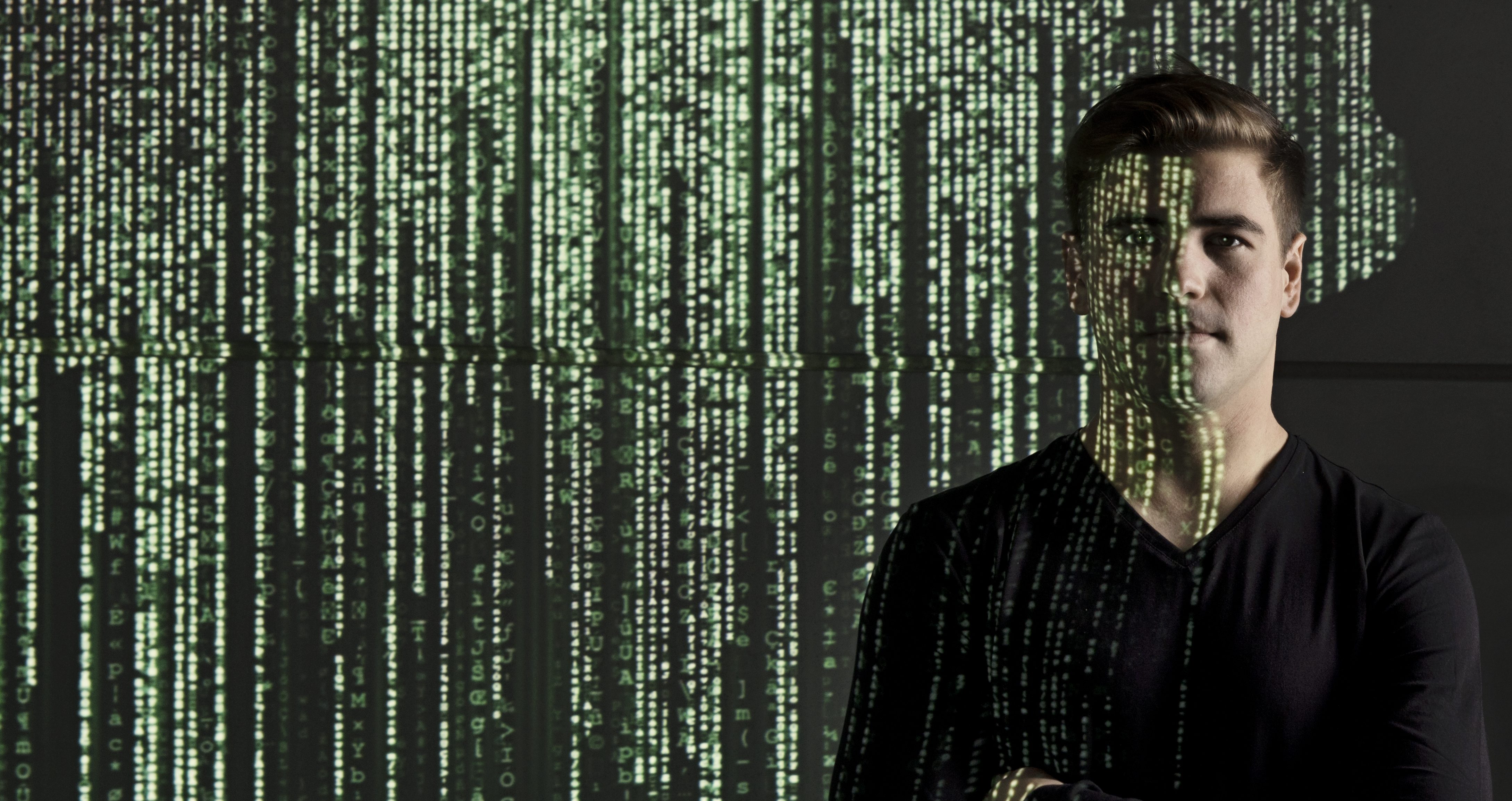
(Photo: Lisbeth Holten)
Blockchain technology will revolutionize the world just like the internet did, according to experts. The technology is still in its early stages, and its implications are tricky to grasp. In a new cohort-project, four Ph.D.-students from four different departments at CBS dive into the new technology and answer some of the questions it raises.
Imagine what it would be like to explain the wonders and workings of the internet and how it works, when it just came about. Tricky, right?
The same challenge goes for the relatively new technology called blockchain. (See fact box.)
“We still don’t understand how this will change us and our society,” said Roman Beck, Head of the European Blockchain Center, a collaboration between CBS, University of Copenhagen, and the IT University of Copenhagen, in an article about blockchain this summer.
The blockchain technology has been said to revolutionize the world just like the internet did, and it has the potential to turn the power structure in relation to data sharing upside down, argues Jan Damsgaard, Head of the Department of Digitalization in a blog post.
Even though the technology, which was first used back in 2008, is still in its early stages, the Danish Academy of Technical Sciences encourages the Danish authorities and companies to consider how Denmark can profit from the technology.
But taking up a rather new technology raises questions. What can we do with it? How will it change our society? How will it change the way we do things? Do we need a new set of rules to control it?
These are some of the questions that four Ph.d. students from the Law Department, the Department of Digitalization, the Department of Accounting and Auditing, and the Department of Operations Management at CBS will try to answer during the next three years as part of a newly started cohort-project about blockchain technology. (See fact box in bottom.)
“The purpose of this project is to see blockchain from four different perspectives. Digitalization, law, operations management, and accounting and auditing. This is interesting, as blockchain is a digital system in which you can make transactions and where everyone has all of the data. And naturally this will have consequences, some of which, we can look into during this project,” says Troels Michael Lilja, Associate Professor at the Law Department and Head of Doctoral School of Business and Management, under which the cohort-project belongs.
Juan Giraldo, one of the four Ph.D. students employed at the Department of Digitalization, is looking at the use of blockchain in cross-border payment systems. He thinks it’s highly important to engage not only the industry and entrepreneurs in regards to developing blockchain as a technology, but also researchers.
“The technology is very young and the different shapes it can take, consequences of its use, and areas it can disrupt are still not fully understood. While industry and entrepreneurs will drive the technological developments forward, I believe that research can develop a further understanding of the different implications that this new phenomenon can bring on a broader perspective,” he says.
Four departments one project
Even though blockchain is a digital technology, it influences various areas such as law and accounting. This is one of the reasons why the blockchain cohort-project came to be in the first place.
Before the Christmas of last year, CBS was given DKK 20 million from the Danish government to spend on research. It was then decided by the senior management that the money should be used to hire Ph.Ds. in cross-interdisciplinary research involving a minimum of two departments.
All departments then had the chance to submit ideas for cohort-projects, and one the projects that won was the blockchain project involving the Department of Digitalization, the Department of Operations Management, the Law Department, and the Department of Accounting and Auditing.
Areas it can disrupt are still not fully understood
Juan Giraldo, Ph.D. Student at CBS
The four different departments then each got the money to hire a Ph.D. Student who could come up with a relevant blockchain project. And the interest was great, explains Troels Michael Lilja.
“People from all over the world applied and asked if there were more positions available. A part of the reason is that blockchain is rather new and that the project is cross-interdisciplinary. If we only had one Ph.D. Student looking into this, it would probably end with a good and relevant thesis. By having four Ph.D. Students at the same time, it gives us the possibility to create results that will foster a greater impact in society,” he says.
The four different projects that have been chosen are the best ones from the submitted projects. The different departments haven’t put out a specific project description, but only said that the project had to revolve around blockchain within the different fields represented in the cohort.
“The four projects don’t necessarily fit together, but they are four pieces in a puzzle of 20 trying to explain blockchain,” says Troels Michael Lilja.
Blockchanging the world
When CBS WIRE met with the four Ph.D. Students for a photoshoot, ironically, it was said that blockchain technology can’t be explained in one sentences. It takes about half a page or more.
“That’s exactly the issue we are dealing with as well,” said Tomaz Sedej, who’s employed at the Department of Accounting and Auditing.
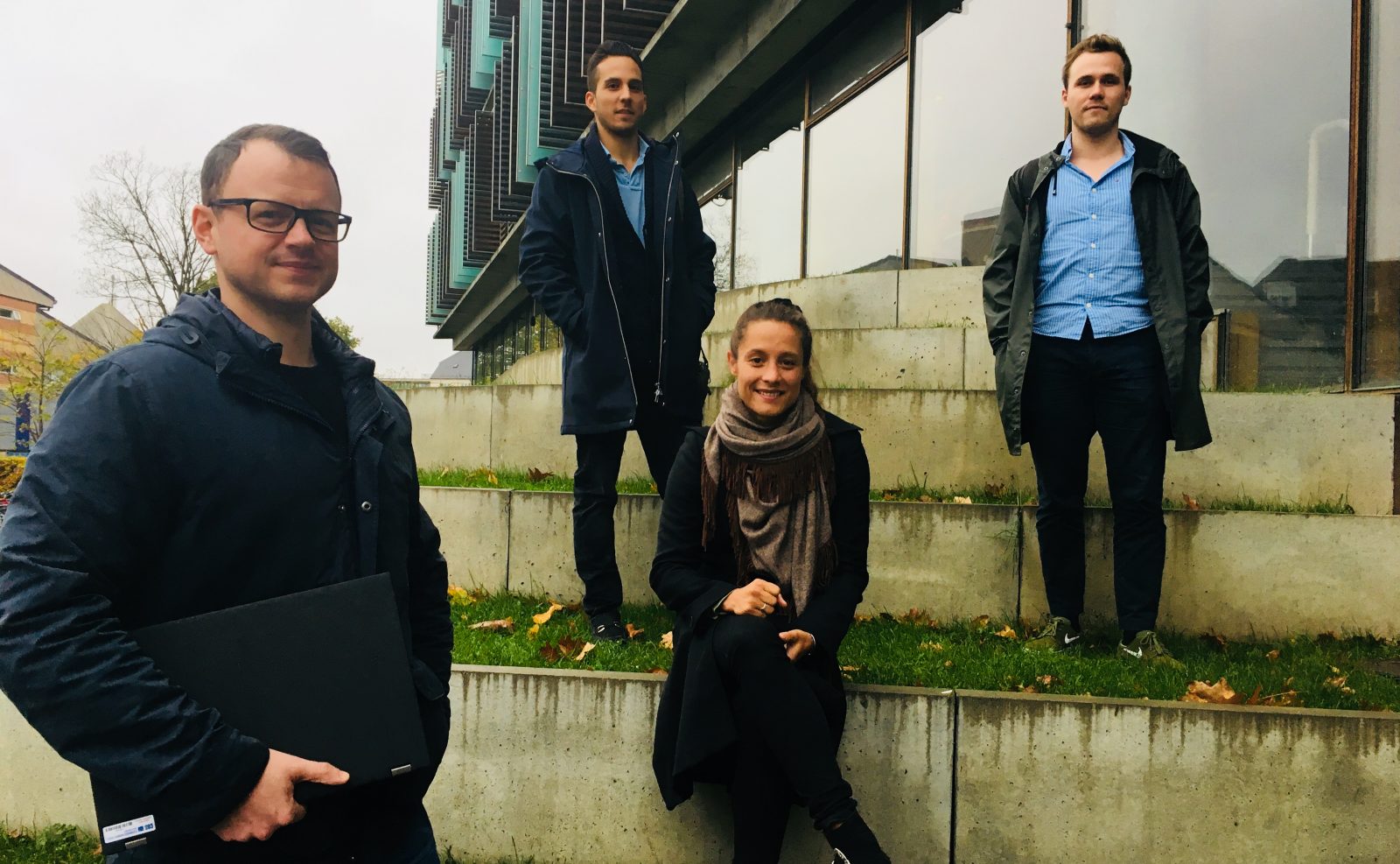
Quantum physics or an interstellar phenomenon seem easier to explain than this. But still, the Ph.D. Students seek to grasp this pioneer technology and how it will affect our day-to-day lives. Maybe making its implications a little easier to understand.
“I hope to develop a deeper understanding of what type of business value the technology can actually bring to the companies. I would like to identify what issues within the field of Accounting Auditing can be solved with Blockchain that cannot be solved by the use of current technologies,” says Tomaz Sedej.
Casper Winther-Hansen, who’s employed at the Department of Operations Management has another perspective on blockchain in his research.
“I am interested in blockchain technology as a digital platform because it facilitates the interaction between different stakeholders who have not previously been able to share data in a safe and secure way. Blockchain technology could enable them to collaborate closely in the future,” he says.
Louise Fjord Kjærsgaard, who’s connected to the Law Department is looking at blockchain’s impact on taxation policy if transactions were suddenly made without the need for a bank.
“Blockchain technology from a tax law perspective is very new, and there is great uncertainty as to the tax treatment of payments related to the technology. This uncertainty is even more significant from an international tax perspective,” she says and continues:
“From the perspective of the companies, the high uncertainty and the associated risk may imply that companies cannot develop and implement blockchain-based solutions in their business model while in compliance with legal requirements and CSR tax policies; further, there is a significant risk of double taxation.”
Team spirit
Even though the new Ph.D. Students belong to different departments, which are spread across CBS campus, they all have their offices at the Department of Operations Management in order to induce a feeling of team spirit. And that’s a pretty good idea, argues Casper Winther-Hansen and Juan Giraldo.
“Being four PhD fellows in the cohort, we can reflect on the process of doing research together and draw on the theoretical lenses from each department. At the same time, research is a lonely process and our cohort fosters creativity through social events,” says Casper Winther-Hansen.
Juan Giraldo adds:
“I believe that our different backgrounds and focus areas interlink with the technology which helps us all shape and reshape our ways of thinking. Although it is still early, we are already exchanging knowledge and helping each other. I’m sure that we will keep doing so even more as the project progresses,” he says.



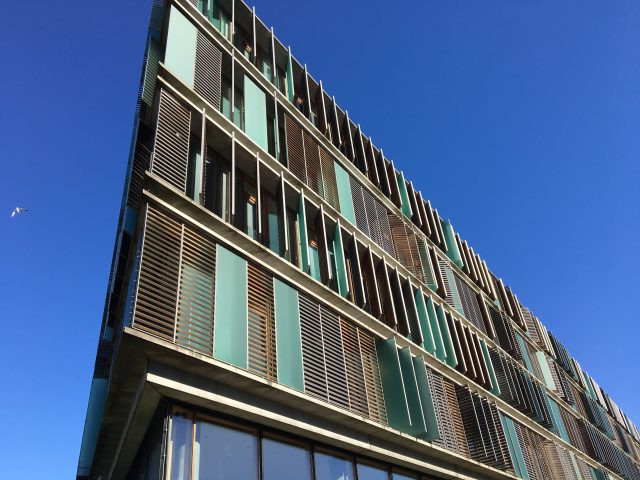
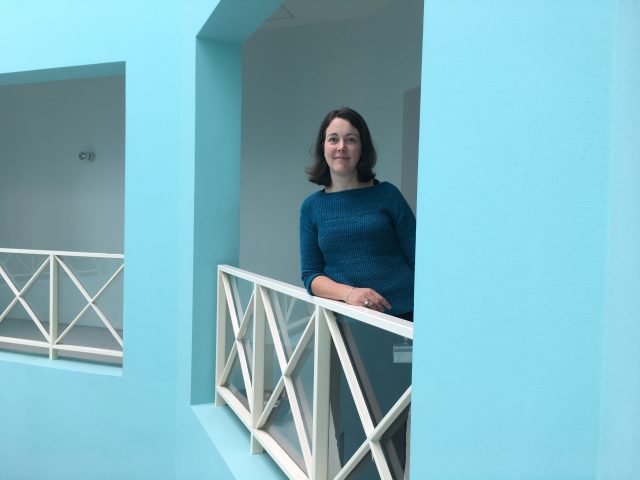

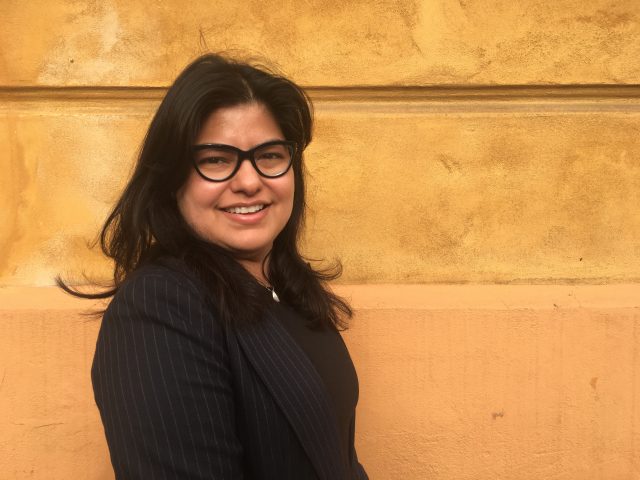




























































































































Comments